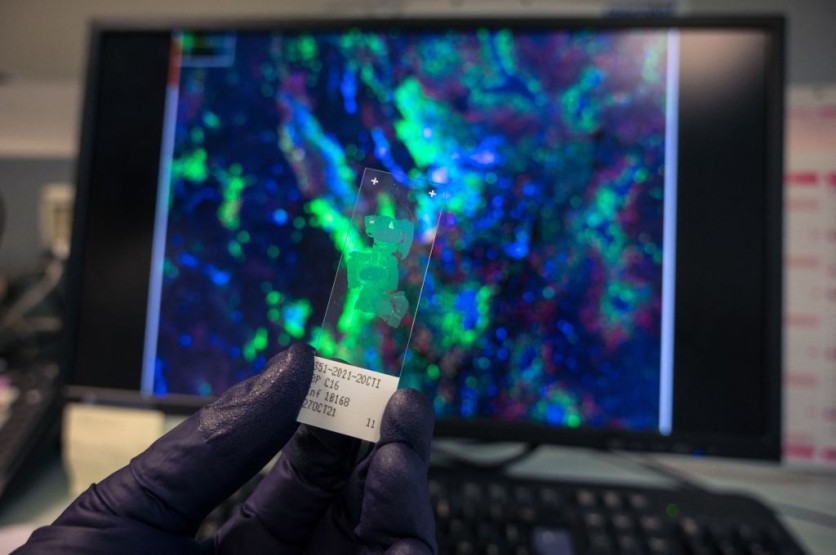T cells, the primary cancer-fighting components of the immune system, can become so worn out from fighting a tumor that they lose their ability to do their job.
Researchers from the University of Pittsburgh and UPMC Hillman Disease Center explain in a recent issue of Nature Immunology that the low oxygen environment of tumors can cause these worn-out T cells to change their allegiance and begin suppressing the immune system instead of fighting cancer.
Cells that are normally assumed to be anti-cancer can turn against the body in the right environment, said Delgoffe.
The latest research, which was directed by Paolo Vignali, Ph.D., also claims that reducing low oxygen levels boosted immunotherapy response and decreased the suppressive nature of tired T cells.

Soldiers of the Immune System
However, Delgoffe notes that T cells can malfunction and abnormal cells can persist in conditions like cancer where malignant cells outpace the immune system.
Hence, T cells could continuously lose their effectiveness in combating these cancerous cells.
The study then presents the idea that if they can be reinvigorated, they can soldier on their job as cancer fighters.
"What we learned in our study is that when exhausted T cells enter tumors, they do not just become less functional themselves; they actually change the environment around them to actively turn off other cells nearby. In other words, exhausted T cells aren't just failing to work for us; they are actively working against us," Delgoffe said in a press release statement.
Meanwhile, Vignali said the finding suggests that anti-inflammatory functions can be reversed in exhausted T cells.
He claims large studies have shown so far that most components of these exhausted cells are irreversible and remain poor tumor killers.
The scientist notes that their data shows that they can target the battlefield and alter the balance to give the immune cells the upper, even in huge aggressive tumors.
New Avenues for Immunotherapy
"The idea that exhausted T cells are working against us in cancer opens up new avenues for immunotherapy, such as developing treatments to target the pathway responsible for switching sides or engineering better T cells for cell-based therapies," Vagnali said in a statement.
Vagnali claims that despite the immunotherapy field's justifiable focus on restoring T cells' anti-cancer abilities, their work suggests that any novel behaviors these cells might acquire merit further investigation.
The researchers are currently conducting several clinical trials in Pittsburgh using these environment-modulating drugs in cancer patients.
The ability to reverse the immunosuppressive nature of worn-out T cells in these patients will be the next key question. They are also interested in creating medications that specifically target the suppressive nature of T cells in patients.
The study's findings are published in Nature Immunology.
Related Article : Biotech Startup Uses Machine Learning Algorithms to Predict the Progress of Cancerous Tumors | How Does it Work

ⓒ 2025 TECHTIMES.com All rights reserved. Do not reproduce without permission.




